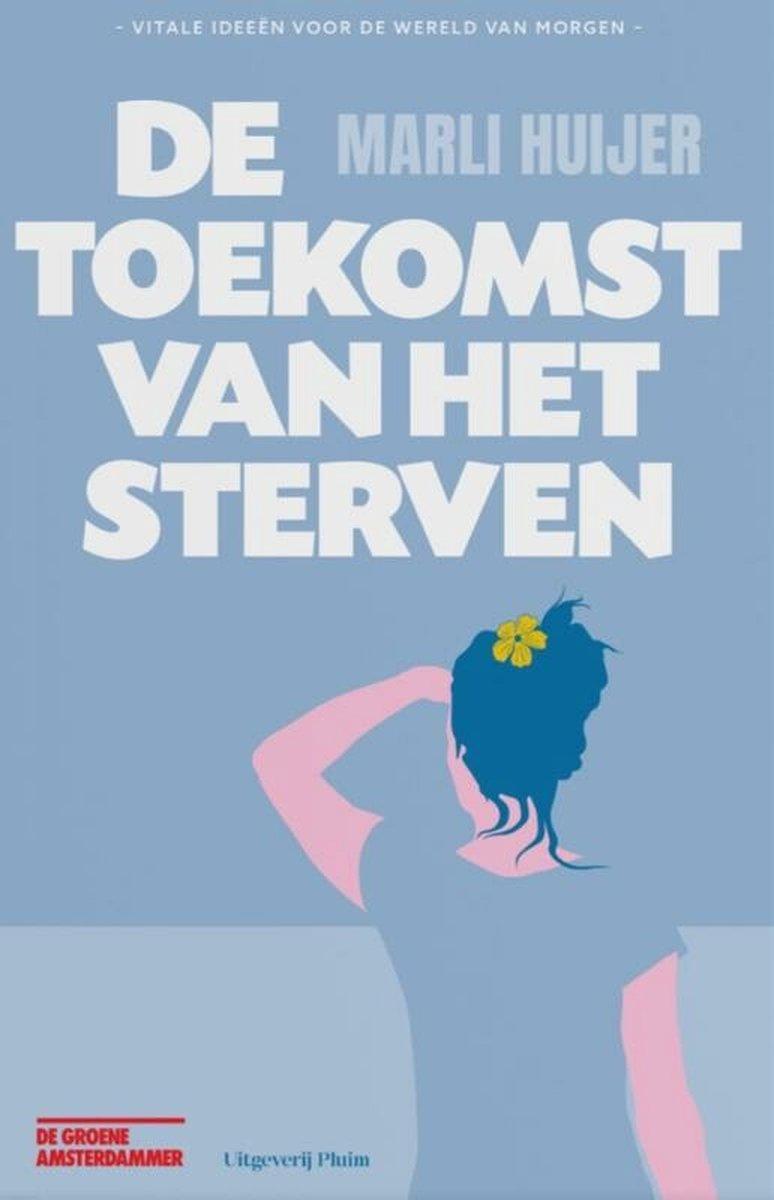The Future of Dying
Finding meaning in aging, death and increased longevity
With the advances in modern medicine and science, the ideal of enjoying at least a hundred years of good health is gaining traction. Immortality feels within reach. By idealizing longevity, however, we often turn a blind eye to the increasingly gradual process of dying – with far-reaching social, ecological and political consequences. In this frank inquiry, philosopher Marli Huijer explores whether there could be a right time to die, and sketches a more meaningful relationship with mortality for an aging society.

Huijer introduces the metaphor of the ‘house of mortality’ – the world into which generations are born and from which they pass. It is a structure that requires upkeep, though it has fallen into neglect as death and aging are pushed from our collective consciousness. Generally we seem to ignore the fact that, for most of us, decline and ill-health set in shortly after we retire. The majority of us die in care homes, hospitals or hospices. What were once death-sentences (cancer, heart disease, AIDS etc.) have become chronic diseases. For Huijer, society’s pursuit of health as the greatest good renders this gradual suffering and dying meaningless, despite the way we confront dying being one of the few things within our grasp. At a certain point, stretching our lifespans not only becomes hard to justify ecologically, it aggravates intergenerational divides and will soon make care impossible in aging populations. The question of the right time to die, by contrast, is one of life’s meaning. It is inseparable from our relations with the world – especially other people.
A society that prioritizes a meaningful existence over the extension of life, Huijer imagines, is a more inclusive society, in which the old are not set apart but integrated in daily life with the young. If we can build on a long-term vision, we can strengthen the bonds between successive generations through mutual attention and appreciation. A politics that values aging won’t act on the individual interests of the young or the old, but will always consider of the many and various dimensions that make personal, collective and political life worthwhile.
Rights
Cossee International Agency
Stella Rieck
rieck@cossee.com
Huijer calls for a greater appreciation of suffering and dying, advocates more contact between generations, and speaks out against the medicalisation of old age – all rightly so.
NRC Handelsblad
Written with disarming clarity, and drawing on thinkers like Foucault, Roman Krznaric and Ivan Illich, The Future of Dying is a compelling plea for an open discussion. Ultimately it is not the desire for the longest life possible, but the meaning our lives have for ourselves and through others that is decisive when determining a life is complete. Solidarity, Huijer shows, is a practice that requires constant investment in social relationships between all ages. By preparing for old age and choosing how we die, we regain power over our lives in a medicalised world.
Her well-written, engaging argument sparks a thought-provoking discussion.
de Volkskrant
.jpg&w=640&q=75)